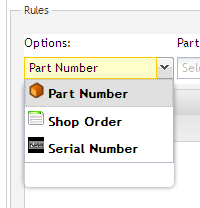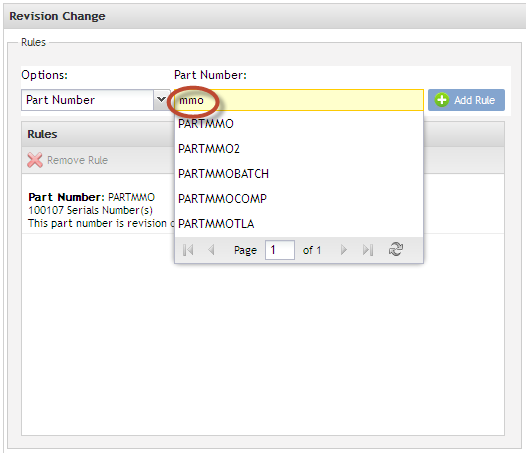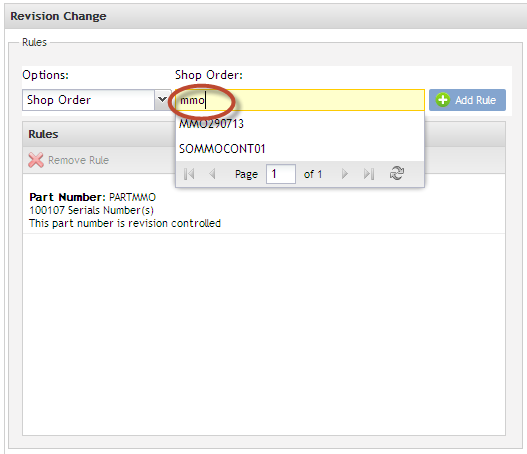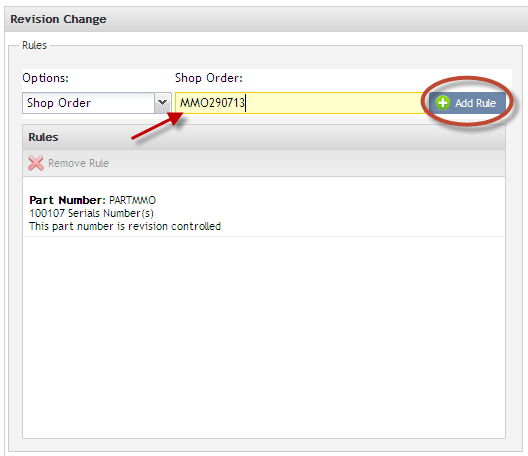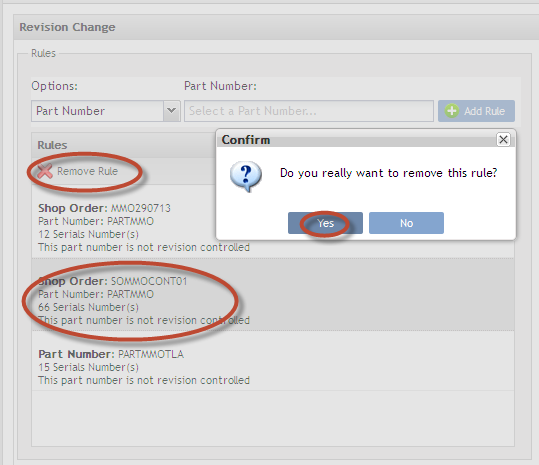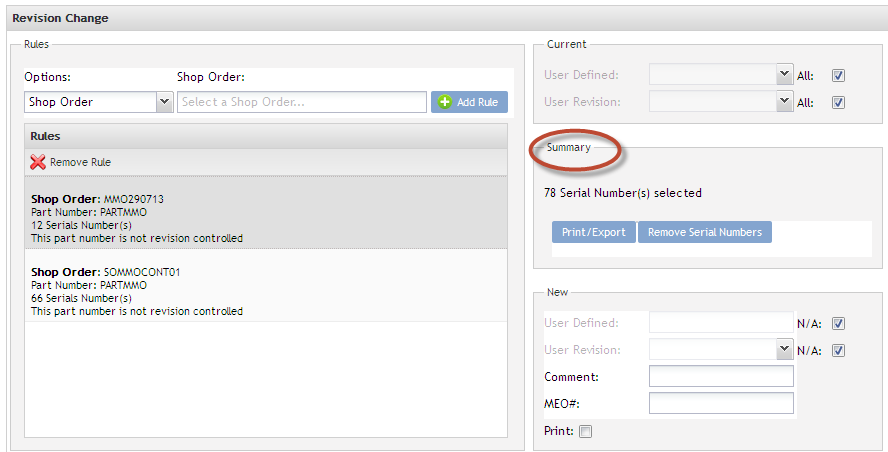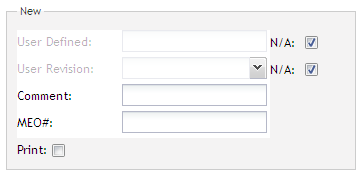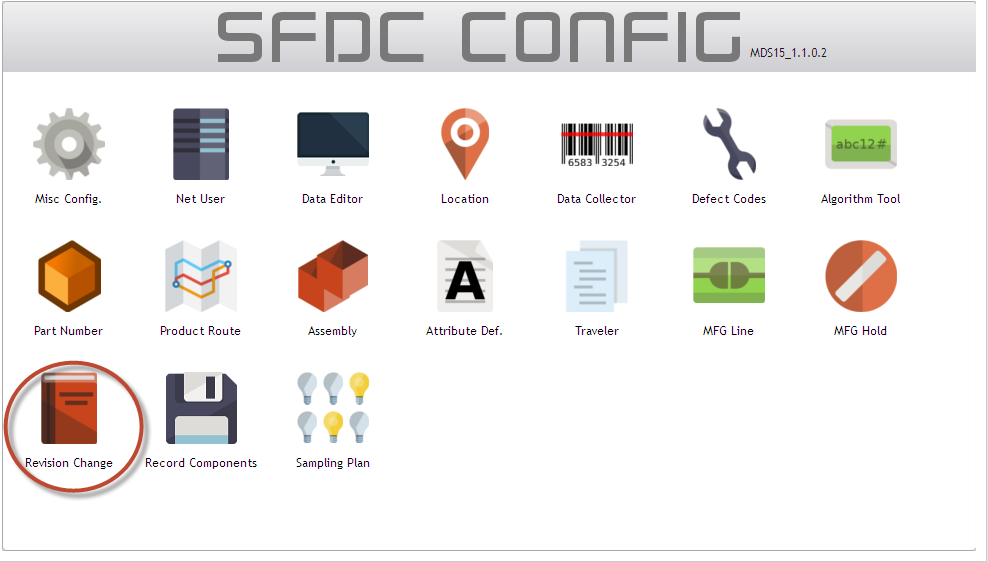SOP-42Q-MES0014 Revision Change Maintenance
This edition applies to MDS Portal 1.0 Application and all subsequent releases and modifications until otherwise indicated in new revisions.
SFDC Configuration Setup
This edition applies to MDS Portal 1.0 Application and all subsequent releases and modifications until otherwise indicated in new revisions.
The Shop Floor Data Collection System (SFDC) communicates interactively with the Customer Order Processing System (COPS), and Statistical Process Control/Statistical Quality Control (SPC/SQC). The Manufacturing Data System (MDS) makes the communication between these systems possible.
SFDC provides real-time information used by SPC/SQC and MESWeb to create quality control reports. The data configuration for SFDC PC is handled within the Manufacturing Data System (MDS), which is a complete factory automation system. The SFDC System uses barcode scanning, both manual and automated, to monitor and control a single product line or an entire plant. SFDC Configuration collects data, provides analysis, maintains unit histories, and controls product movement on the manufacturing floor.
The system provides Access Control between the modules of the application, including the functionalities of each screen. The current version has an SFDC Configuration page which provides access to all sub modules pages and its functionalities (view, add, edit, delete, print and generate output file.
Set up SFDC Configuration
1. To access the SFDC Configuration, click on SFDC Configuration in the menu. The main SFDC Configuration and sub modules page is displayed:
Figure 1: MDS Portal – SFDC Configuration Sub modules
NOTE: A user only has access to the modules assigned to his/her profile.
Revision Change
The SFDC Revision Change modules main function enables the user to change unit revision. The module also provides the ability to update User Defined, User Revision, add a Comment, and add MEO (Manufacturing Engineering Order, i.e. ECO or Deviation number) data.
The user defines the unit serial numbers to be updated using three different Rule Options:
- Part Number – Updates unit serial numbers by Part Number
- Serial Number – Updates unit serial numbers by Serial Number
- Shop Order – Updates unit serial numbers by Shop Order
The Revision Change functionality allows any rules; yet the user cannot add the same Part Number, Serial Number or Shop Order more than once. Users may add a Shop Order rule, and then add the Part Number of the previously added Shop Order. The same idea for the serial number. Revision Change will merge the part and serial numbers in order to avoid duplications.
Note: This functionality has the following limitations:
- Revision changes are not allowed for Oracle-Interface Shop Orders or for unit serial numbers tied to them.
- Limited to WIP units and does not apply to those with a Finished status.
Revision Change Main Page
1. Click on Revision Change from the main SFDC Configuration screen.
The SFDC Revision Change main page is displayed:
Figure 2: Revision Change Main Page
Adding Rules
1. Select the desired Rule option from the Options drop-down menu:
Figure 3: Rules Options
- Part Number: After selecting the Part Number Option, the Browse button is enabled.
Enter at least 3 char to enable the part number search.
Figure 4: Part Number Browser
Select the desired part number.
- Serial Number: Enter a valid WIP serial number in the space provided.
- Shop Order Number: After selecting the Shop Order Option, the Browse button is enables.
Enter, or use Browse button, to select the desired Shop Order number.
Figure 5: Part Number Browser
Enter at least 3 char to enable the shop order search.
Note: If invalid information is provided in any of the above Rules, an error message is displayed.
2. After selecting the desired Rule Option(s), click the Add Rule button
Figure 6: SFDC Revision Change –Add Rules
3. The Option is added to the Rules section for easy verification.
4. The user may add as many Rules as desired, as long as they do not conflict with the limitations defined in this guide.
Removing a Rule
1. If the user needs to remove/delete a rule, highlight/select the desired Rule to remove and click the Remove Rule button.
Figure 7: Remove Rule
2. A confirmation message is displayed, click Yes to confirm, or No to cancel.
3. The Rule is removed/deleted form the list.
Current User Defined/Revision
Current User-Defined and Current User Revision: Optional. These fields are used to enter record search criteria (filter and view values). The default ALL value indicates all values. A blank value is valid for the undefined field in the serial record.
After adding the desired Rules, the Serial Numbers can be filtered in the form ’Current’. Filter the serial numbers by ’User Defined’ or by ’User Revision’ fields or choose the option ’All’ to update all serial numbers selected.
Figure 8: Current User Defined/Revision
- Current User-Defined: When the user click ’Update’ button, the ’User-Defined’ field is updated with the new user-defined value up to 20 characters.
- Current User-Revision: When the user click ’Update’ button, the ’User-Revision’ field is updated with the new revision value up to 10 characters.
Summary – Viewing Serial Numbers Affected by Rules
The View Serial Numbers button will display the serial numbers affected by the rules placed in the previous sections. After rules have been added, it is possible to remove Serial Number(s) from those affected by the rules.
1. To view serial numbers affected by the Rules, click on View Serial Numbers button.
Figure 9: Serial Numbers Summary
The View Serial Numbers, click on Print/Export and a report is generated with the serials:
Figure 10: View Serial Numbers
2. To remove a Serial Number from the Selected Serial Numbers section, double-click it to move it to the Removed Items section.
Figure 11: Remove Serial
3. When desired serial number(s) have been selected, click on Ok to confirm, or Cancel to cancel removal.
4. The selected serial numbers will be removed from the Revision Change upon final Update.
New – User Defined/Revision/Comment/MEO#
This section defines the new updates that will be performed to the serial numbers affected by the Rules added in the previous sections.
1. Define New updates to be performed:
Figure 12: New User Defined/Revision/Comment/MEO#
Note: Either the User Defined or User Revision update is required, yet both can be updated if desired. If both User Defined and User Revision N/A check-boxes remain checked, the Update button is disabled.
- User Defined: Data to replace the current data for the affected serial numbers. 20 character limit.
- N/A: Check only if update to the User Defined field is not desired.
- User Revision: Enter the desired Revision, or double-click the field to select desired value for Revision Controlled Part Numbers.
- N/A: Check only if update to the User Revision field is not desired.
- Comment: The comment entered will be attached to all serial numbers affected by the Rules.
- MEO#: Manufacturing Engineering Order (ADMEO) activity records will be added to the serial numbers affected by the Rules.
As a general rule, any/all Revision changes performed are to be defined in an ECO, ECN, Deviation, or other traceable document. The document number should be included in the MEO# field as to add the activity records to the serial number for tracking the serial numbers affected by the documented change.
- Print: Check to print the affected serial numbers.
Appendix A
| COPS Customer Order Processing System |
Appendix B
Glossary
Access Control
it is a module that will set the permissions for users and external customers of Sanmina-SCI
administrator
the System Administration has full access - all plants, all reports, all users.
component
A component is a specific piece of data that appears on a label, for example: bar code, part numbers, graphic images, line or text. Hence, label components are broken down into several different types: text, graphic images, MDS database values, or a combination of text and database values.
framework
In software development, a framework is a defined support structure in which another software project can be organized and developed. A framework may include support programs, code libraries, a scripting language, or other software to help develop and glue together the different components of a software project.
SFDC Configuration
The rules used to define how SFDC collects data, provides analysis, controls processing and maintains unit histories
Site Minder
Universal login of Sanmina-SCI
username
the username is the siteminder username (or a partial string)
Document Revision History
| Date | Author | Title | Version | Change Reference |
| 10/20/06 | Elaine Fonaro | Technical Writer | v 1.0 | This is the first revision of MDS User’s Guide |


